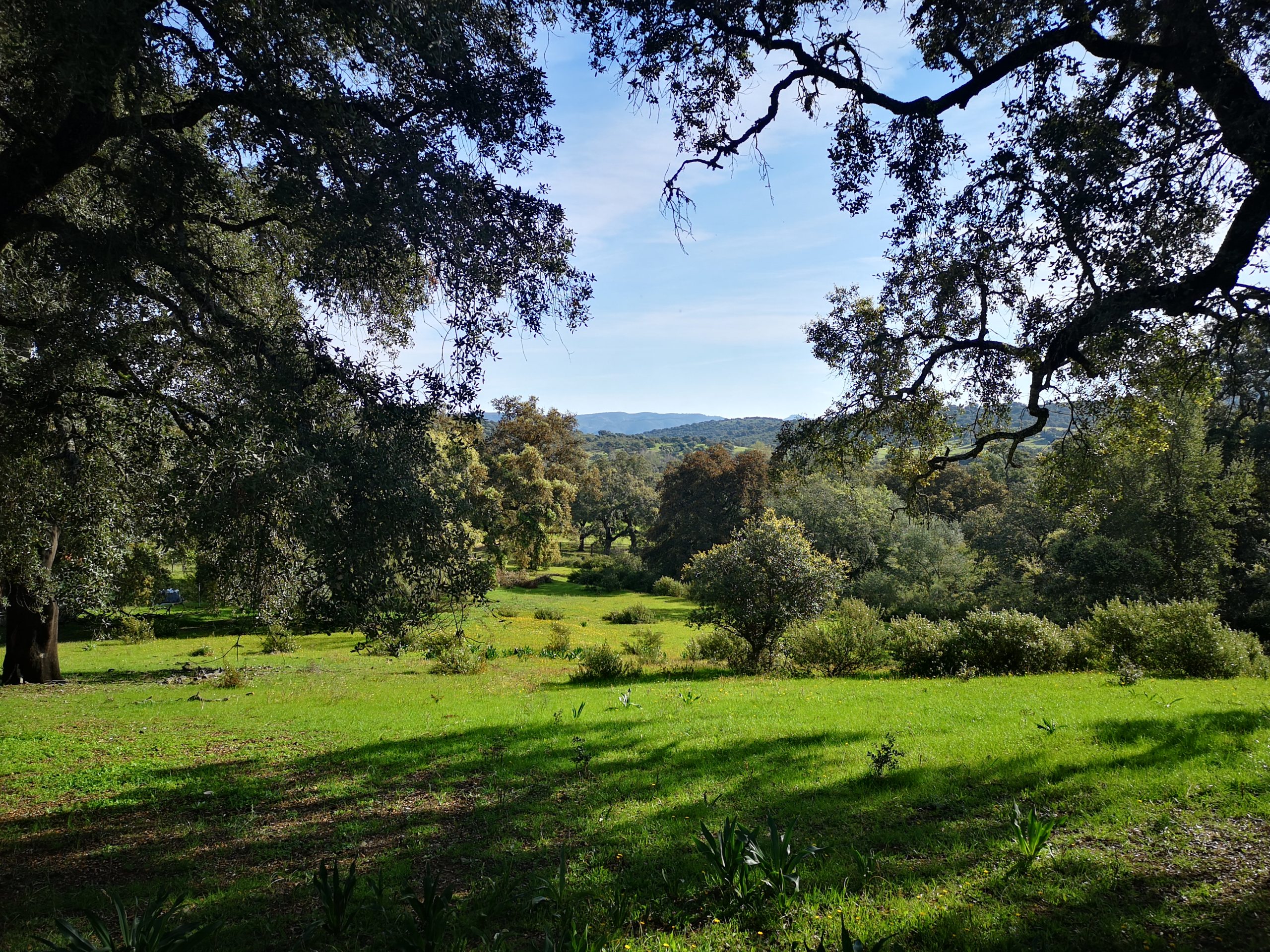Whether this is the first time you’ve heard of permaculture or you’re certain you already know what it is, we must continue this fundamental and ever evolving inquiry and investigate how we can agree on a basic purpose while still allowing for a diversity of attitudes and approaches.
What is permaculture?
As a practice, “permaculture” simply means observing nature, researching tools and techniques used by indigenous people in your bioregion and engaging in a diligent, daily practice of balancing the needs of yourself and your family with the needs of the other species that are around you.
Nobody owns the term “permaculture.” The ecological design process is about discovering that knowing and applying it to our physical, social and emotional landscapes. We are morally obliged to create a living, evolving system that mimic nature, produce food and energy and regenerate, rather than annihilate the Earth.
But it still has something to do with gardening, doesn’t it?
Yes, gardening is an important part of any ecological design because plants are essential to life. We would perish without them. So, if we are designing systems in which we can thrive and help other species, we must include plants! However, we must not stop there. The garden inspires, feeds, and connects us to nature…but then we have to get back to work on the rest of the permaculture system:
* Scarcity is transformed into abundance by well designed permaculture
* The ecological design process strikes a balance between human needs and the needs of other species
* A system of organisms, mechanisms and feedback is created by an ecological design.
It’s also a lot of fun and personally rewarding as you may:
* Heal the Earth
* Give back what you take and find solutions to problems
* Make your personal potential a reality
* Improve your day-to-day life experience.
Bill Mollison, known as the “Father of Permaculture,” was an Australian traveler, scientist, baker, fisherman, gardener, autodidact and writer who researched and published extensive genealogies of Indigenous Australians and was inspired by this work to devote the rest of his life to learning and teaching integrated ways for humans to live on the planet without destroying it.
Mollison collaborated with many people to write, co-write and inspire many books, organize hundreds of courses and travelled all over the world collecting and sharing ecological design information. He was particularly taken with the idea of agricultural systems collaborating with human home systems to meet the needs of the other and he collaborated on a plethora of visionary design drawings with his then-colleague and illustrator, Reny Slay.
Mollison was also influenced by writers such as Rachel Carson (Silent Spring, 1962), Ken & Barbara Kern (The Owner-Built Home, 1961), P.A. Yeomans (Water for Every Farm, 1965), and J. Russel Smith, whose book Tree Crops for a Permanent Agriculture (1929) is credited with sparking the term “permaculture.” Indeed, until he died in 2016, Mollison consistently referred back to his sources, emphasizing that he did not “own” any of these ideas and that this type of knowledge cannot and should not be owned.
An ethical and practical reliance on a relatively short list of ecological design principles can be summarised as follow:
* Work with nature, not against it.
* The solution is the problem.
* Make the fewest changes possible to have the greatest impact.
* The yield of a system is only limited by the designer’s knowledge and imagination.
* Everything grows and is in relationship to its surroundings.
* The number of beneficial connections between these components, not the number of diverse components in a design, leads to stability.
* All design is ecological design in the sense that all designs, whether intentional or not, have an impact on their surroundings.
Permaculture defies both ownership and large-scale leadership by definition. Permaculture is a set of actions and strategies based on ecologies that are site-specific, climate-aware and community-invested. Leadership beyond the immediate stakeholders is neither practical nor possible in this context. Personal responsibility, deliberate action and careful, ecological design are central to permaculture. It is all about science, evidence and outcomes.
At LooseNatural courses we teach that permaculture is not just a way, it is an important way to balance life and nature.

